Alla Solod
Understanding large-scale spatial navigation using virtual reality, multisite electrophysiological recordings in the hippocampus and computational modeling
Team: Jérôme Epsztein (INMED) - Hervé Rouault (CPT)
Her background
September 2019 - present | CENTURI PhD student
2018 - 2019 | MSc Integrative biology and Physiology - Aix-Marseille University (France)
2013 - 2017 | BSc in Biology - Kyiv-Mohyla Academy (Kiev, Ukraine)
Contact
About her PhD project
Animals can flexibly navigate their environment by computing different paths to similar targets. This ability is thought to rely on an internal cognitive map. To date, spatial navigation has been wellstudied in rodents navigating small, un-cued laboratory environments. However, the mechanisms of large-scale navigation in more complex, cue-rich environments are far less understood. Place cells in the hippocampus, a key structure for spatial navigation, are pyramidal neurons which fire action potentials whenever an animal is at a specific position within its environment. Interestingly, the resolution of place cells spatial code differs between the dorsal and ventral parts of the hippocampus. During large-scale navigation, different part of the environment could be coded at different spatial resolution through “nested hierarchies” of coarse and fine grain coding. This hypothesis is difficult to test in regular sized laboratory environments. In this PhD project, we propose to take advantage of newly developed virtual reality systems for rodents to study large-scale spatial navigation. The project will combine behavioral analyses using virtual reality for rodents, multisite recordings of neuronal activity in dorsal and ventral parts of the hippocampus and computer modeling.







